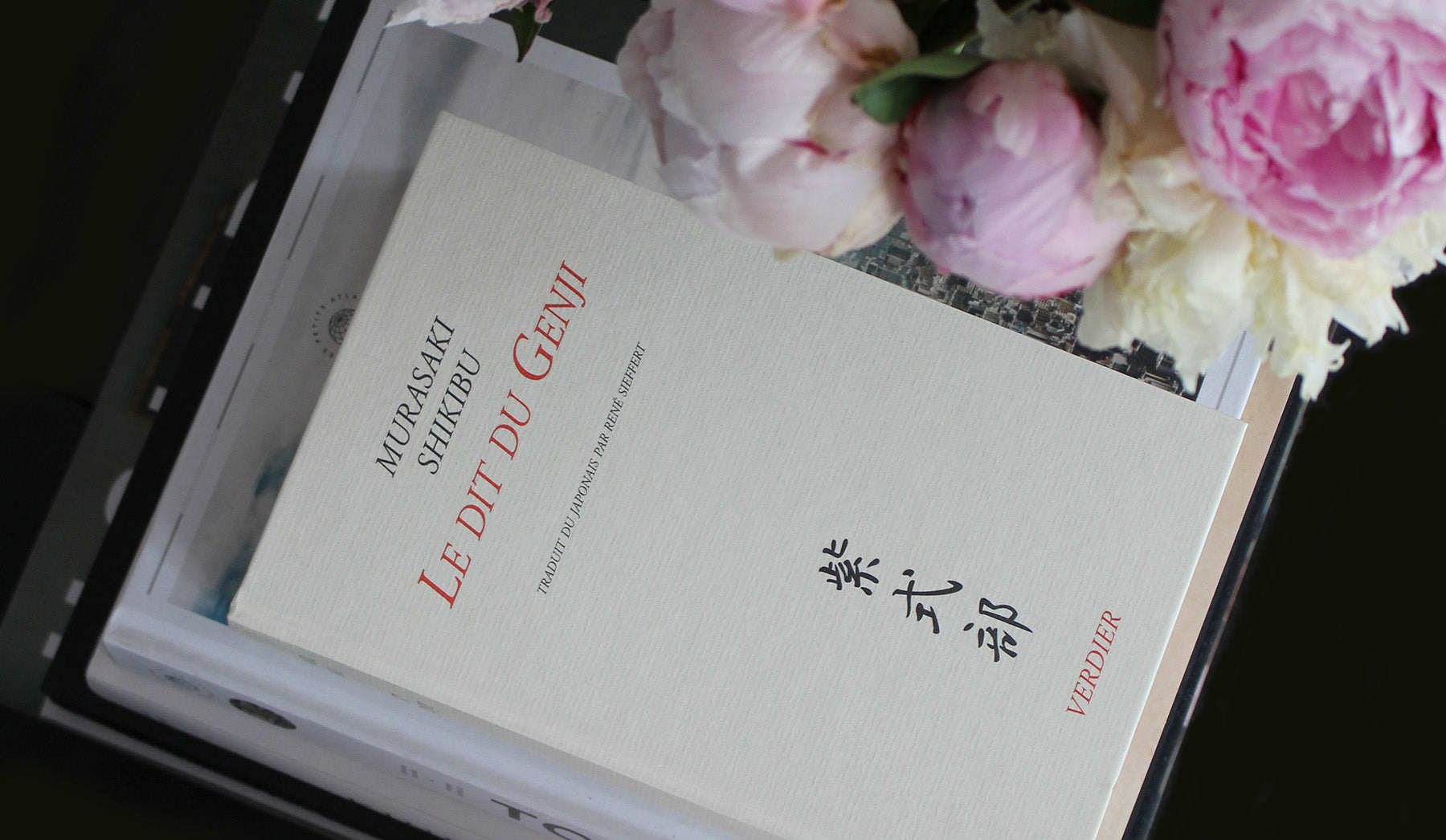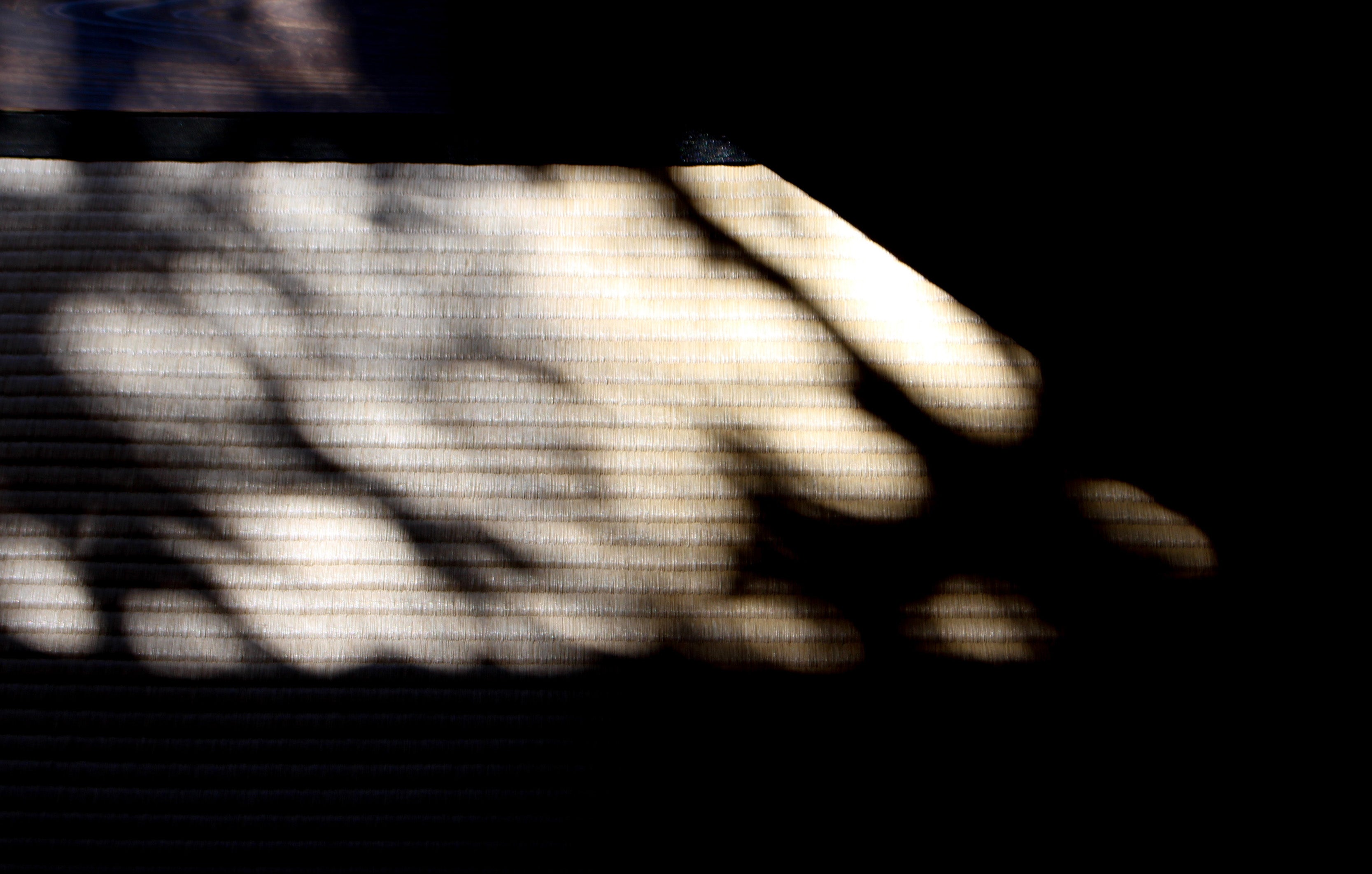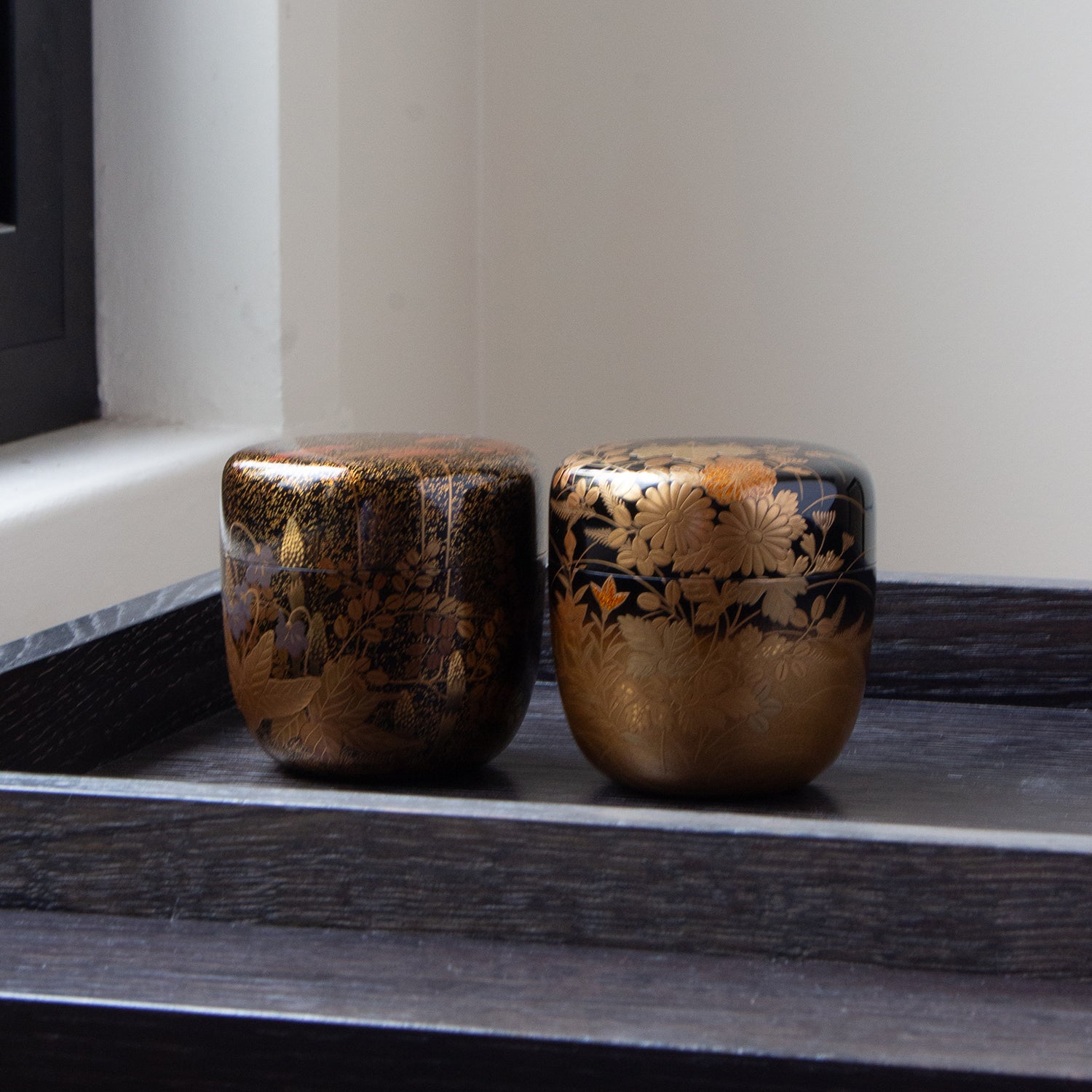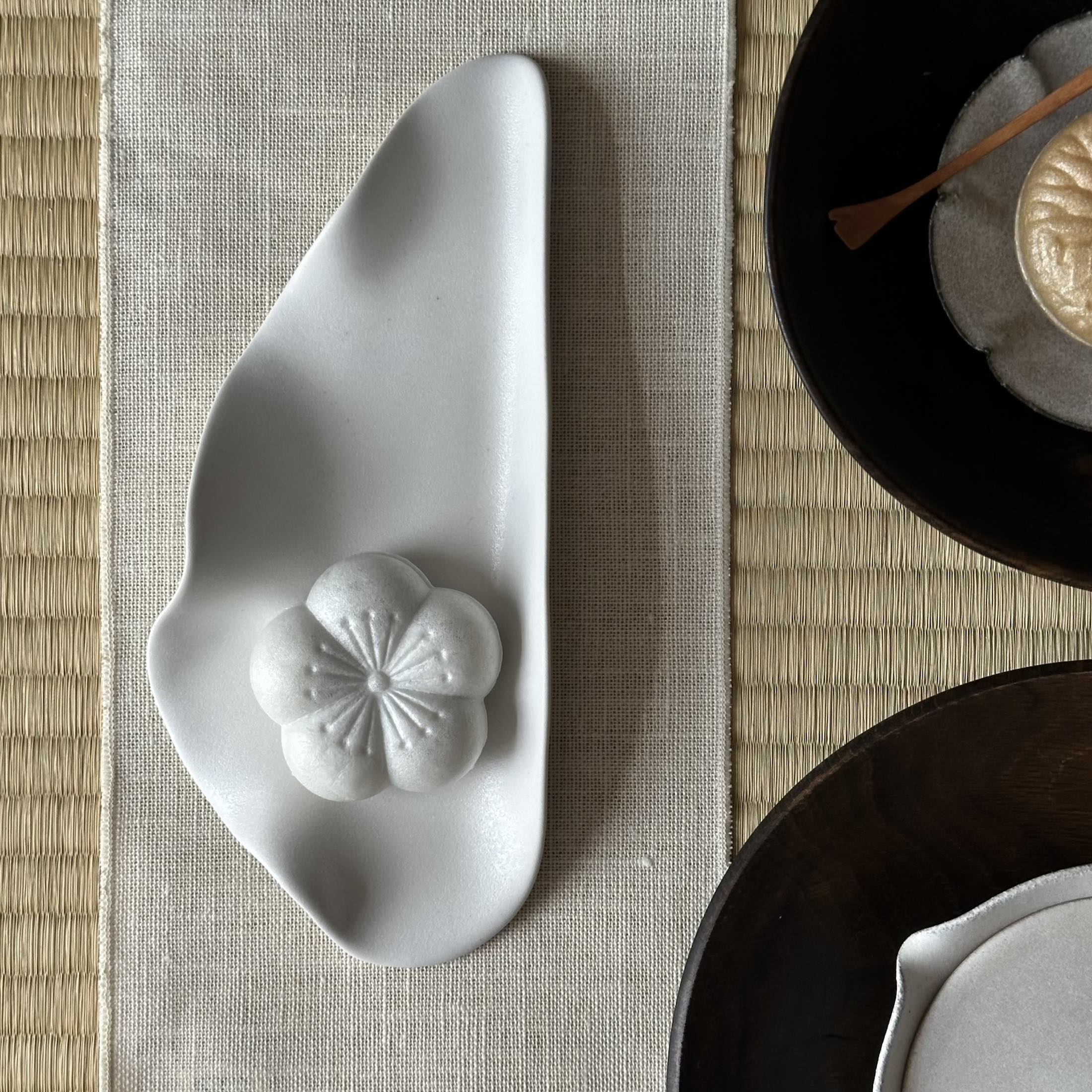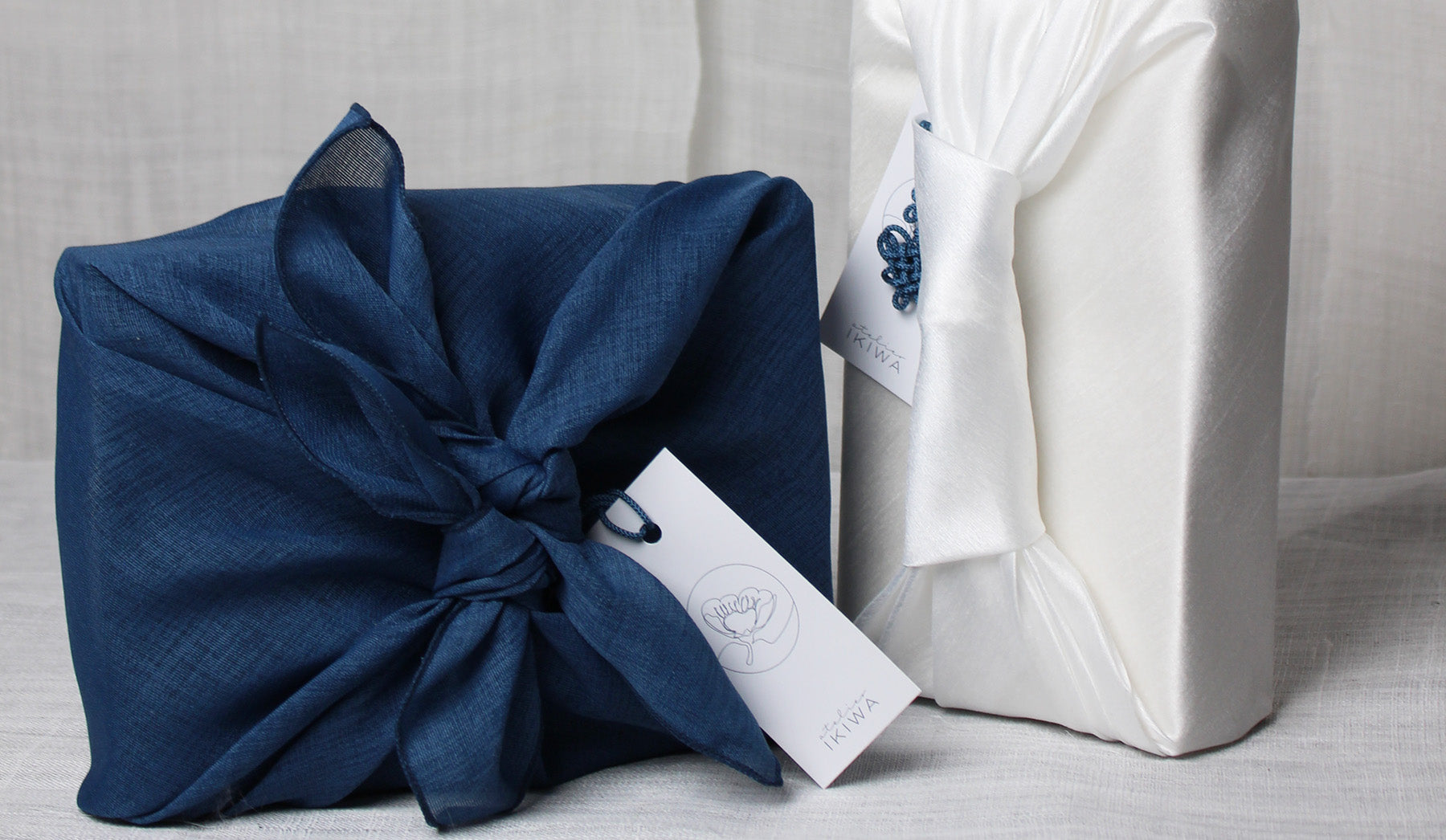
The art of Korean pojagi wrapping
Atelier Ikiwa's Precious Pojagi Gift Wrapping
Atelier Ikiwa is committed to skillfully wrapping your purchases in delicate fabrics that we bring back from our travels to Seoul, thus allowing the subtle and wonderful art of pojagi, Korean wrapping, to magnify the objects that you buy on our website or in the showroom, for an experience and gifts that are as beautiful on the inside as they are on the outside.
We have selected beautiful fabrics in elegant muted tones. Each purchase* is then wrapped by us using folding techniques that vary according to the shape and material of the object. A small label, on the back of which you can write a short message or a name, and for exceptional objects a maedup (Korean ornamental knot) added to the packaging allow these objects to create the event, whether they are to offer or for oneself.
* Conditions:
Excluding gift cards and Fine Art photographic prints (except the smaller format).
For Objects to Live, a minimum value of €70 per object for a white cotton or bleu ramie-style textile wrapping, tied according to the art of pojagi (see photo below).

All Exceptional Objets will be wrapped in a blue/green precious Korean fabric with the addition of a maedup (ornemental Korean knot) that varies in style from a simple maedup to a more complex one (see photo below, with the complex maedup).

Objets to Live and Exceptional Objets are to be found in different sections of the website. Don't hesitate to contact us if you have any questions: contact@atelierikiwa.com
Korean Pojagi, a History Woven with Care
The history of pojagi goes back many centuries, when in ancient Korea every daily gesture was imbued with deep cultural meaning. Pojagi were originally designed to wrap precious or everyday objects, gifts and ritual garments. Each fold and knot had its own story to tell, often passed down from generation to generation.
The Living Traditions of Korean Pojagi
Today, pojagi is much more than just a container. It has become an emblem of Korean identity, a silent witness to age-old traditions. It can be found at weddings, birthdays and even in Buddhist temples, where it wraps sacred offerings. It is a canvas on which Korean culture continues to paint its dreams and hopes.
A Jewel Case of Precious Fabric
The materials used to create these ephemeral works of art are carefully selected, adding an extra dimension to their timeless beauty. Exquisitely fine silk and dexterously woven ramie were often preferred for their delicate texture and ability to play with light. The colours, rich and deep or, on the contrary, infinitely pure in their variations of muted tones and whites, evoke the royal heritage of the Joseon dynasty, adding a note of nobility to each fold.
The Discreet Elegance of Korean Pojagi
The essence of pojagi lies in its understated elegance. Unlike other forms of packaging, it is not intended to be torn. Instead, it asks to be unravelled with the same delicacy with which it was created. Each fold is a celebration of art and beauty, an invitation to discover what's hidden inside.
A Breath of Modernity
Although deeply rooted in tradition, pojagi is not stuck in the past. Contemporary designers are exploring new avenues, fusing the ancient with the modern to create unique pieces. Traditional motifs are reinvented with contemporary touches, bringing a breath of fresh air to this timeless art form.
An Invitation to Travel
Wrapping an object in pojagi goes beyond simple presentation. It's an invitation to a journey through time, to the discovery of a rich and complex culture, a window into the Korean soul.
At Atelier Ikiwa we are proud to be able to contribute to the knowledge of this marvellous and timeless art.


